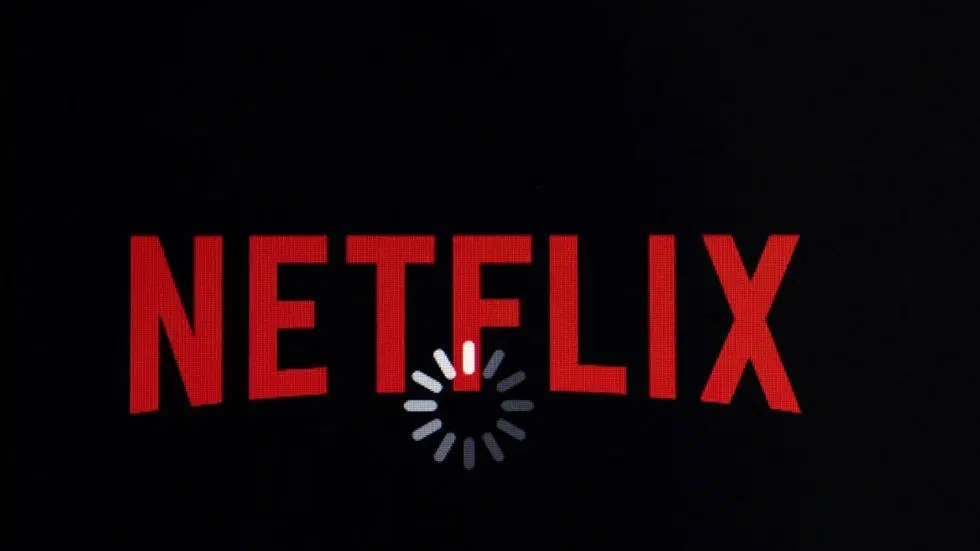
CHARBONNEAU: Netflix confuses entertainment with culture
The video-streaming giant Netflix recently told a panel reviewing Canada’s Broadcast Act that “market forces” should determine the programs that Canadians watch, not pooled resources like the Canadian Media Fund.
In making this claim, Netflix is essentially saying that they will determine how to spend our money –the fees they collect from Canadians- and not be dictated by what Canadians want to see.
Netflix’s arrogance is offensive, not just because it’s paternalistic, not just because it treats programs as entertainment, but because it pretends that it’s not a Canadian broadcaster.
The Netflix claim that it’s not a broadcaster is suspect. It’s a disingenuous argument considering that millions of Canadians now watch shows and movies through video-streaming. Surely, that makes them a broadcaster.


